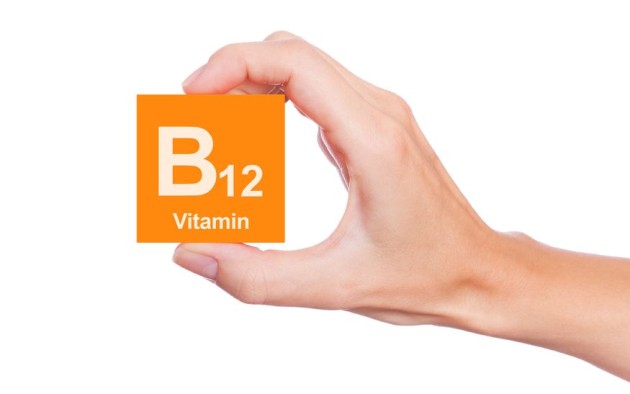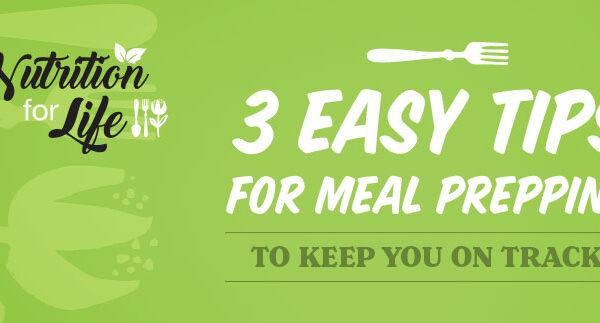The most common reasons a person becomes deficient in vitamin B12 are the lack of it in their diet, they can’t absorb it from their food, or they are taking poor quality supplements. In order to maintain proper health and wellness, you must be aware of your vitamin B12 intake and take those extra steps to minimize the risk of deficiency.
Why is B12 so important? Vitamin B12 is responsible for red blood cell formation, memory recall, cellular energy, nutrient absorption, adrenal gland support, nerve and brain regeneration, DNA synthesis and both female and male reproductive health. In other words, you can’t afford to be without it.
There are several factors that boost your risk of a vitamin B12 deficiency, including being 50 or older, following a vegan diet or taking certain medications. However, one of the top risk groups is those who have had bariatric surgery. You are at an increased risk for B12 deficiency due to decreased food consumption of foods naturally high in B12. Your new smaller stomach or pouch has less ability to collect adequate amounts of hydrochloric acid and digestive enzymes in order to properly metabolize B12 from foods eaten.
If you suspect you are deficient in vitamin B12, check out some of the more common symptoms of B12 deficiency:
- Anemia
- Asthma
- Depression
- Fatigue (adrenal fatigue and CFS)
- Kidney disease
- Macular degeneration
- Memory loss
- Migraine headaches
- Multiple sclerosis
- Neuropathy
- Pernicious anemia
- Shingles
- Tinnitus
If you suspect you are deficient in vitamin B12, it’s important to speak to your doctor or nutritionist right away so you can take the proper steps to start fixing the problem and boost your health and wellness.




